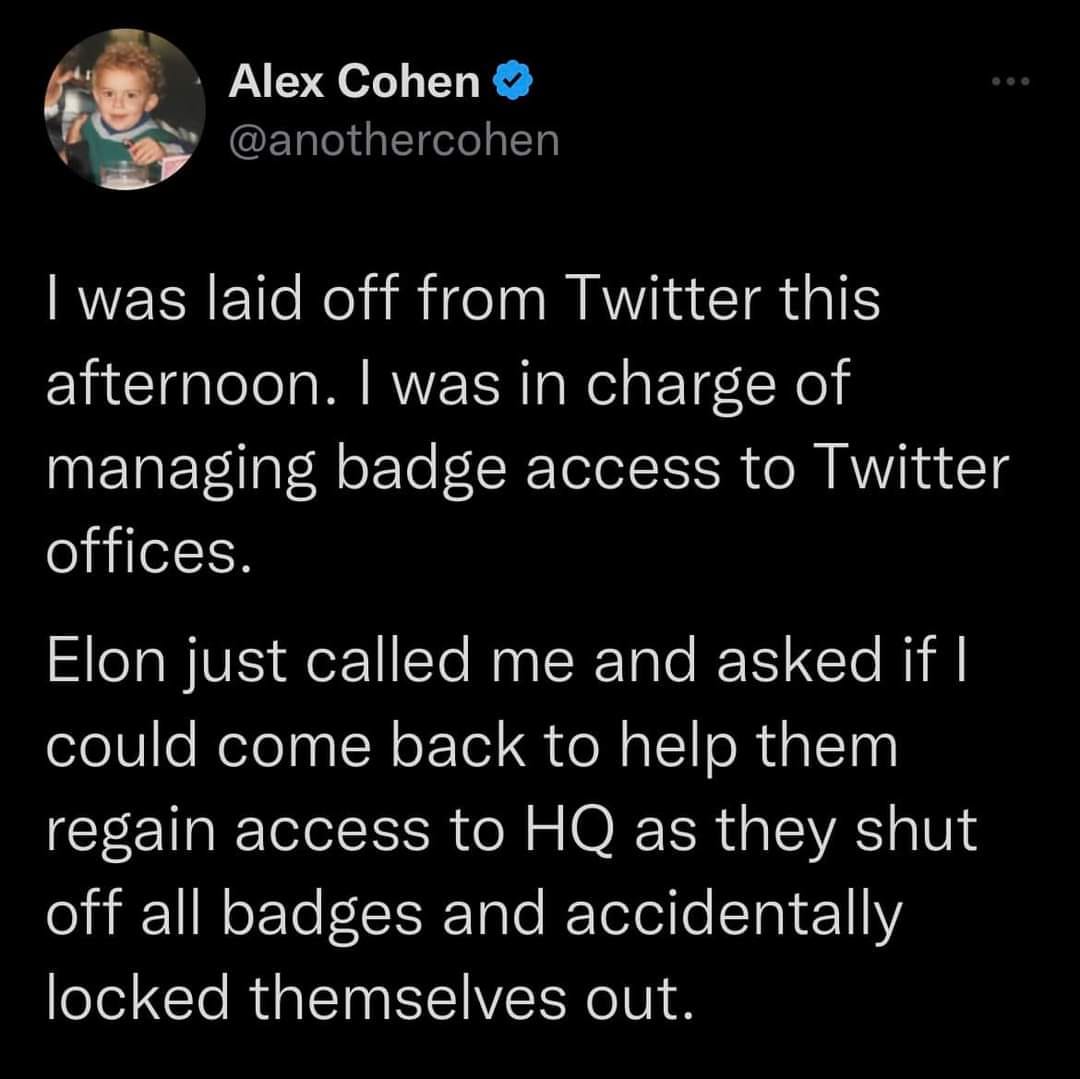 Truth Or Consequences
Truth Or ConsequencesFrom an early age, my life’s goal was to get at “the truth.” There were only two obvious...
 And Since You Mention SNAP,
And Since You Mention SNAP,Among others oozing angst about “democratic socialist” Zohran Mamdani’s election were two...
 PAST AS PROLOGUE: An Engineering Legacy
PAST AS PROLOGUE: An Engineering Legacy1980s photo of the author, right; his father, center; and his sister, left....
 Drugs, Crime, And… Homelessness?
Drugs, Crime, And… Homelessness?A commenter contested my statement that gang murders are a much greater menace to public safety...









